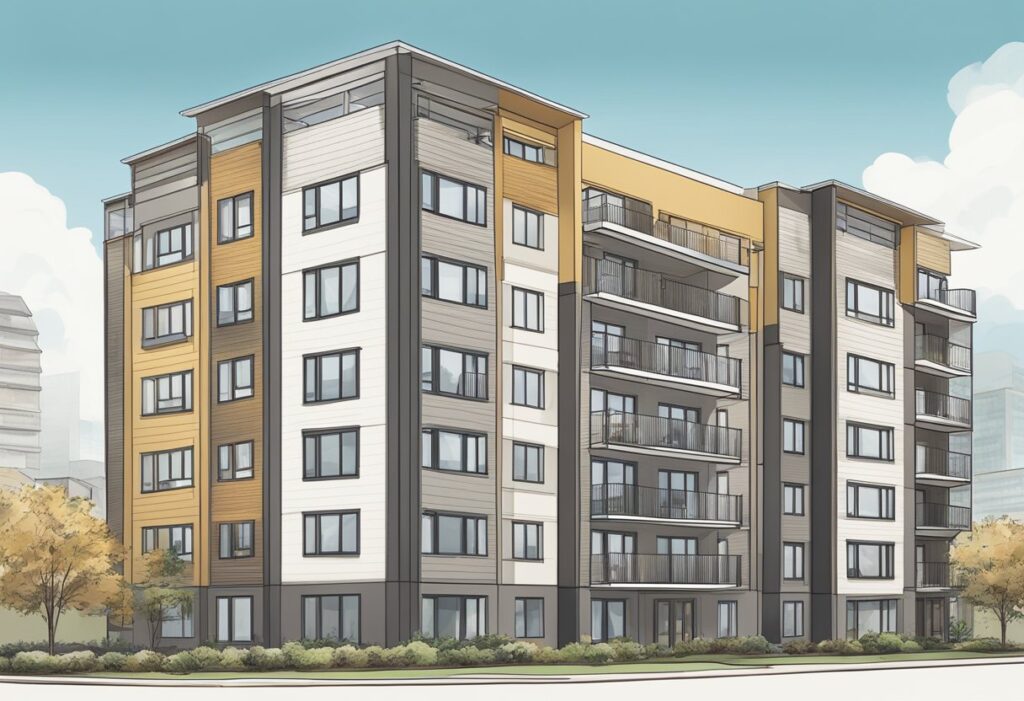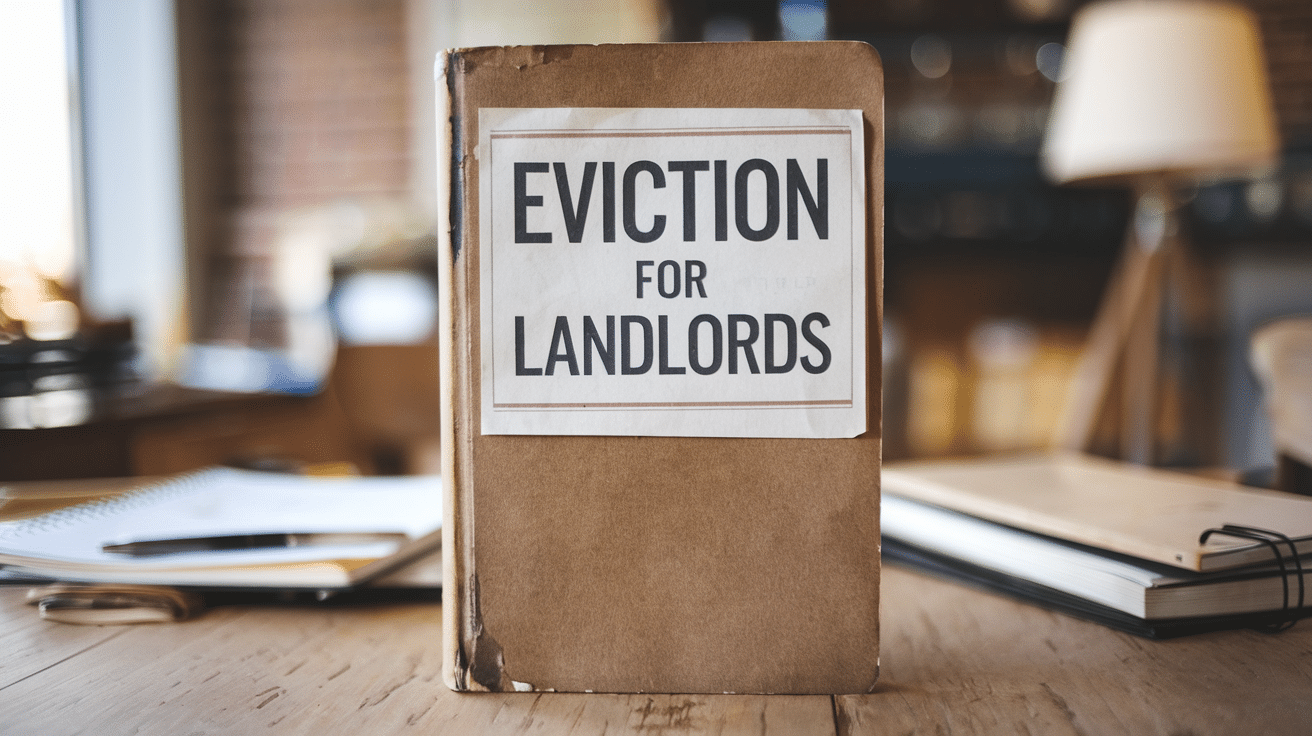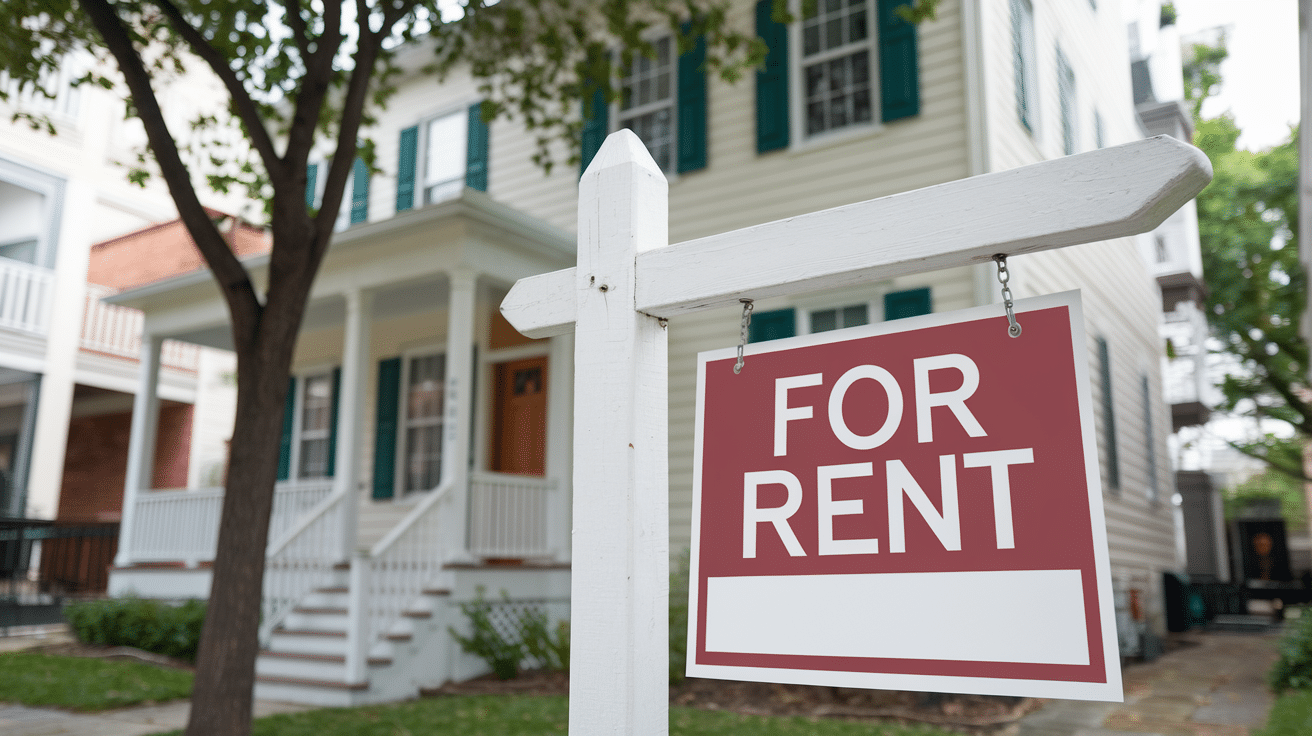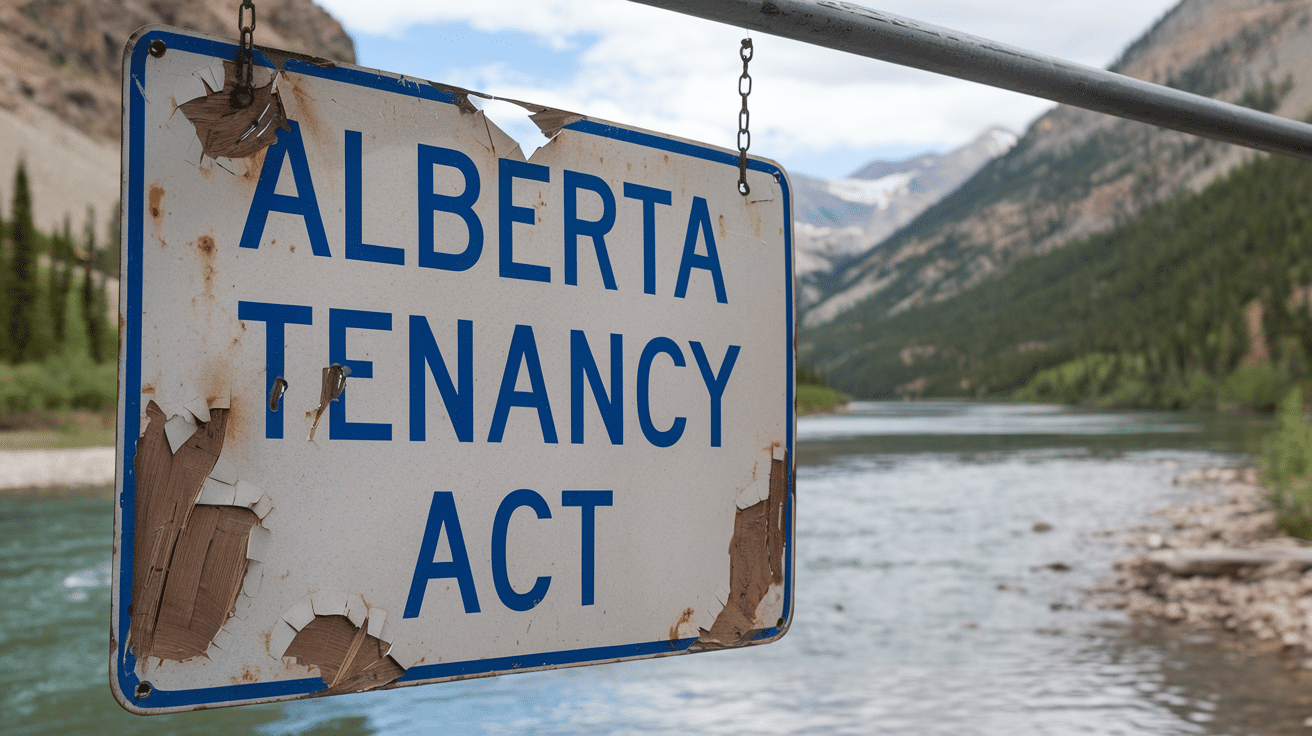Improving tenant retention rates is a main focus at Property Managers Edmonton and a key factor in ensuring the success of any rental property that leads to being a competent property manager. When tenants stay longer, it reduces turnover costs and stabilizes rental income. One proven strategy to achieve this is by maintaining the property in great condition. Promptly responding to repair requests and carrying out regular maintenance makes tenants feel valued and more likely to stay.
Another effective approach is understanding tenants’ needs and providing services that meet those needs. Offering a Resident Benefits Package can greatly enhance the tenant experience. This package could include amenities like gym memberships or regular maintenance services, fostering a stronger sense of community.
Calculating and monitoring tenant retention rates is crucial for residential property managers. By keeping track of how many tenants stay over a specific period, managers can better understand the effectiveness of their retention strategies and make necessary adjustments to improve tenant satisfaction.
Key Takeaways
- Maintaining the property well increases tenant retention.
- Offering additional services can enhance the tenant experience.
- Monitoring retention rates helps to adjust strategies effectively.
Essential Strategies for Maximizing Tenant Retention

Maximizing tenant retention requires a proactive approach by property managers. Key strategies include fostering communication, effective maintenance, and offering attractive lease terms.
Fostering Communication and Building Relationships
Developing strong communication channels is vital for tenant satisfaction. Good communication ensures tenant needs are met and concerns are addressed quickly. Property managers should use multiple platforms such as phone, email, and face-to-face meetings to maintain open communication. Regular updates and newsletters can also keep tenants informed about property changes and community events. Building positive relationships with tenants helps foster tenant loyalty and encourages them to renew their leases. Collecting tenant feedback through surveys or suggestion boxes is another effective way to identify areas for improvement.
Implementing Effective Maintenance and Repair Management
Responsive maintenance management is crucial for tenant satisfaction. Addressing maintenance requests and issues swiftly can greatly enhance tenant retention. A proactive approach, including regular inspections and preventive tasks like pest control and HVAC system check-ups, ensures the property remains in good condition. Providing a user-friendly system for submitting repair requests, such as an online portal or dedicated phone line, can streamline the process for tenants. Being proactive about maintenance demonstrates an appreciation for tenant comfort and well-being, which can lead to higher lease renewal rates.
Offering Incentives and Competitive Lease Terms
Attractive incentives and lease terms can significantly influence a tenant’s decision to renew their lease. Offering benefits like lease renewal incentives, flexible lease agreements, or competitive rental rates can make tenants feel valued. Property managers might implement incentives such as discounted rent for early renewals or upgrades in apartment amenities. Ensuring that lease terms are fair and accommodating, especially regarding rent increases, can also help retain tenants. Flexibility in lease agreements, such as allowing short-term renewals or offering month-to-month options, can cater to tenants’ varying needs and lifestyles.
Building a Strong Community and Enhancing Tenant Experience

Creating a strong community and addressing tenant needs are key to improving tenant retention rates and satisfaction. Emphasizing a sense of belonging and actively engaging with tenants helps in meeting their expectations and fostering long-term residents.
Developing Amenities and Community Activities
Amenities are crucial in a tenant retention plan. They play a significant role in enhancing tenant satisfaction. Common amenities like gyms, pools, and lounges can meet tenant needs and expectations.
Organizing community events like BBQs, movie nights, or potlucks fosters a sense of community. These activities create opportunities for neighbours to connect and build a harmonious rental community.
Property managers can introduce incentive programs and a resident benefits package. These might include discounts at local businesses or a move-in concierge service. Such benefits increase tenant loyalty and enhance their living experiences beyond just the physical space.
Gathering and Acting on Tenant Insights
Regular surveys and feedback collection are essential. Understanding tenant concerns and satisfaction levels allows property managers to address issues promptly. Using data from these surveys helps in making informed improvements.
Acting on tenant feedback by implementing changes ensures that tenants feel heard and appreciated. This also helps in meeting tenant expectations and enhancing tenant experiences.
Incorporating a tenant information hub, accessible via mobile apps, centralizes communication. It provides tenants with easy access to important updates, events, and building information, thereby improving their overall experience.
Regularly updated communication channels foster trust and allow tenants to feel more connected and engaged with their community, thereby increasing overall tenant loyalty and retention rates.






